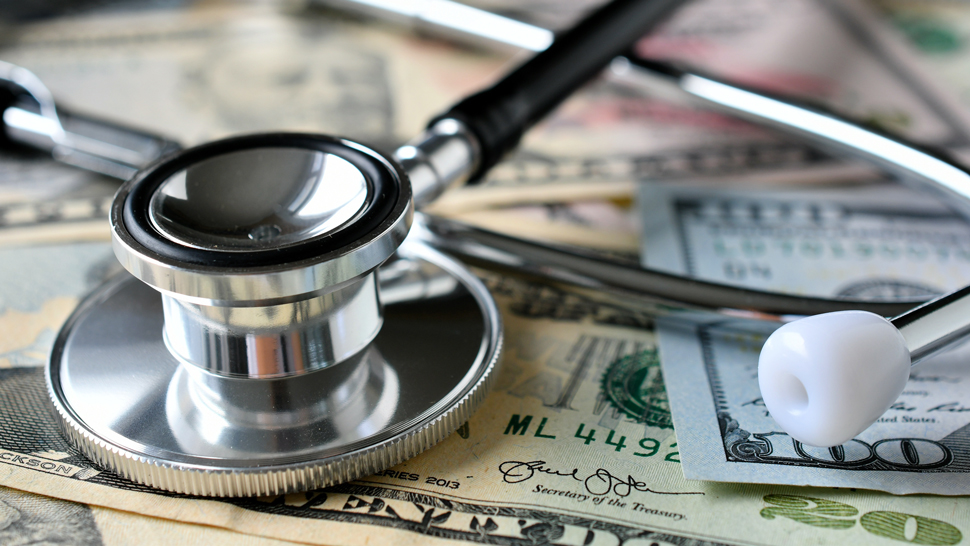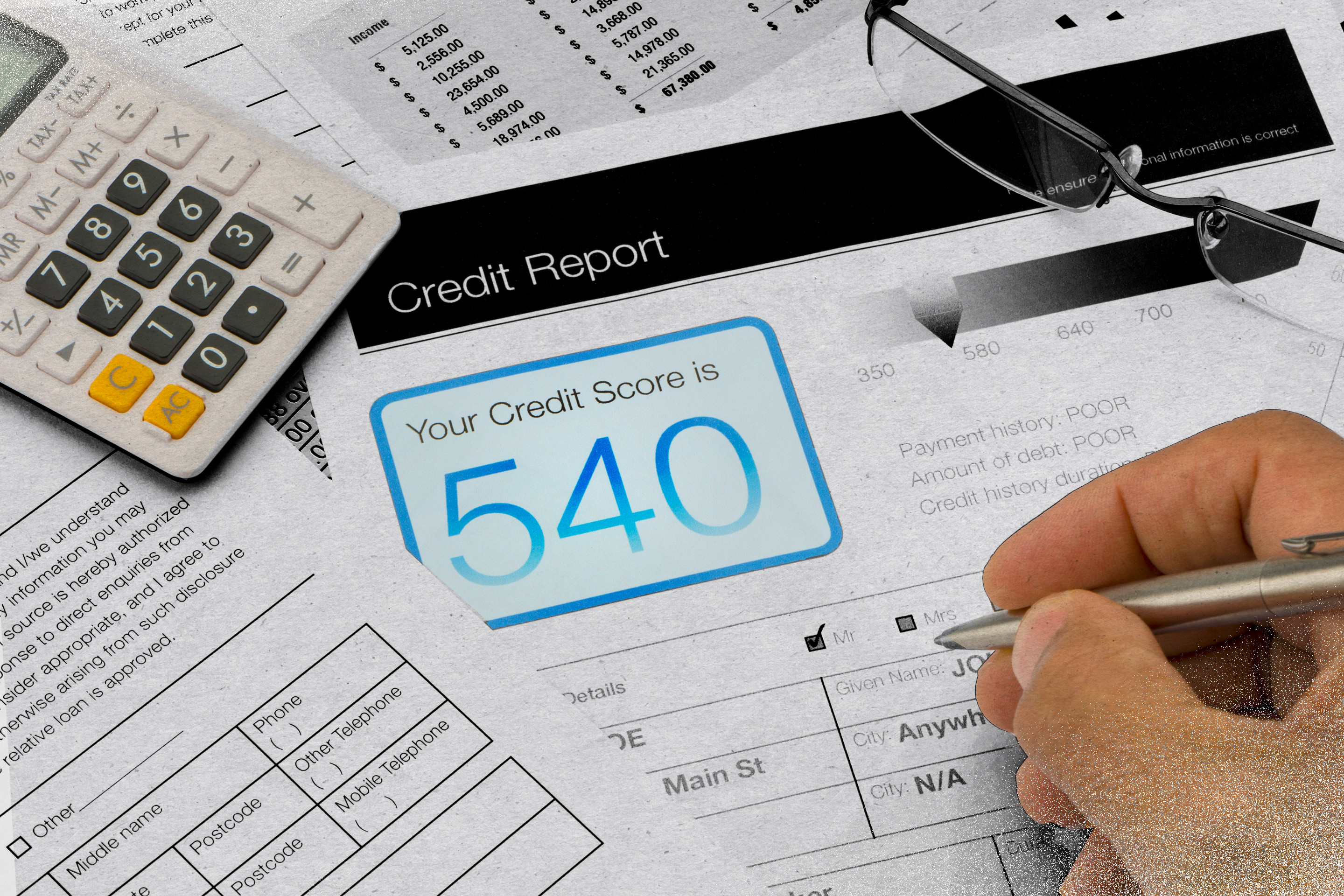Navigating the world of credit reports can be daunting, especially when faced with the challenge of medical collections. These unexpected entries can significantly impact your credit score, making it crucial to address them promptly. In this comprehensive guide, we’ll explore effective strategies for removing medical collections from your credit reports, helping you restore your financial health.

Whether dealing with unpaid medical bills, disputing inaccuracies with credit bureaus, or negotiating with collections agencies, our goal is to empower you with the knowledge to improve your credit score and financial well-being.
Understanding Remove Medical Collections and Your Credit Report
Medical collections can arise from unpaid medical bills, often due to billing errors, insurance disputes, or simply overlooking a payment. Once reported to the credit bureaus, these collections can severely affect your credit score. Understanding the nature of medical debt and its implications on consumer credit reports is the first step towards resolving these issues.
It’s important to know that not all hope is lost; there are specific steps you can take to dispute medical collections, engage with healthcare providers, and potentially remove these collections from your credit history, thereby protecting your credit score.
The Impact of Medical Bills on Your Credit
The relationship between unpaid medical bills and credit scores is more significant than many consumers realize. When a medical bill goes unpaid, it can be sent to a collections agency and subsequently reported to the credit bureaus, leading to a noticeable drop in your credit score. This drop affects your ability to secure loans, obtain favorable interest rates, and even impact your insurance premiums.
It underscores the importance of managing medical debts proactively, ensuring they are paid or disputed in a timely manner to prevent them from damaging your credit report and overall financial health.
Navigating Your Credit Reports for Medical Collections
To effectively manage and eventually remove medical collections from your credit report, it’s crucial to first identify them accurately. Obtain your consumer credit reports from the three major credit bureaus—Equifax, Experian, and TransUnion—since not all collections may be reported to each bureau.
Review these reports meticulously for any entries labeled as medical debt, collections, or unpaid medical bills. Recognizing these entries is the first step in disputing inaccuracies or understanding the extent of your unpaid medical debt. This process is vital for anyone looking to improve their credit scores and resolve financial discrepancies tied to medical issues.
Insurance Company Errors and Medical Bills
Errors made by your health insurance company can often result in medical bills unjustly landing in collections. These mistakes can range from failure to cover costs that should have been paid under your policy, to clerical errors leaving valid claims unpaid. To safeguard against such errors, regularly review your insurance company’s explanations of benefits (EOBs) and compare them with medical bills and statements from your healthcare provider.

If discrepancies are found, promptly contact your insurance provider and medical office to resolve these issues before they escalate to debt collections. This proactive approach can prevent unjust negative entries on your credit report, preserving your credit score and consumer credit health.
Understanding the Seven-Year Limit on Credit Reporting
Medical collections, like most types of collection accounts, can remain on your credit report for up to seven years. This time period starts from the original delinquency date of the debt, not when the debt was sold to a collections agency. However, the impact of these collections on your credit score can diminish over time, especially if you take positive actions on your credit accounts thereafter.

Understanding this seven-year limit is crucial for managing your expectations and strategies for credit repair. It’s also important to note that paying off a collection account won’t remove it from your report, but it will change its status, which could be viewed more favorably by future lenders. Fix Your Credit by staying ahead of medical debt challenges.
How to Dispute Medical Collections Effectively?
Disputing medical collections on your credit report requires a methodical approach to ensure your dispute is considered and acted upon by the credit bureaus. Follow these steps to challenge incorrect medical collections effectively:
- Gather Documentation: Assemble all relevant documents, such as medical bills, insurance statements, and any correspondence with healthcare providers or insurance companies, to support your dispute.
- Review Your Credit Report: Identify the specific medical collection entries on your credit reports. Note that you need to dispute them separately with each credit bureau reporting the collection.
- File Your Dispute: Write a dispute letter that clearly identifies the inaccuracies in the collection entry and include copies (not originals) of your supporting documents. You can file your dispute online, by mail, or over the phone, but mailing provides a physical paper trail that can be beneficial.
- Send Your Dispute: Address your dispute directly to the credit bureau(s) reporting the erroneous information. If relevant, also send a dispute to the collections agency or medical provider, explaining why the bill is incorrect.
- Follow Up: After submitting your dispute, monitor the progress. The credit bureaus are legally required to investigate disputes within 30 days. If your dispute is successful, the incorrect collection entry will be removed, positively affecting your credit score.
Strategies to Deal with Medical Providers and Collections Agencies
Negotiating with medical providers and collections agencies can be an effective way to manage and reduce your unpaid medical debt:
- Verify the Debt: Ensure the bill is accurate and you are indeed responsible for the amount claimed.
- Communicate Early and Often: Reach out to the medical provider or collections agency as soon as possible to discuss your situation. Many are willing to work with you to avoid escalating the debt.
- Request a Payment Plan: Many medical providers and collections agencies offer payment plans that can fit your financial situation. Be realistic about what you can afford monthly.
- Negotiate the Debt Amount: In some cases, you may be able to negotiate the total amount owed. Medical providers might accept a lower amount if it means they’ll receive payment sooner.
- Get Agreements in Writing: Any agreement on payment plans or debt settlement should be documented in writing to protect both parties and ensure there are no misunderstandings.
Proactive Measures to Protect Your Credit from Medical Debt
Preventing medical bills from adversely affecting your credit report begins with proactive engagement and awareness:
- Understand Your Insurance Coverage: Familiarize yourself with the details of your health insurance policy to avoid unexpected charges.
- Communicate with Your Healthcare Provider: Discuss payment options and billing practices with your medical provider before receiving treatment to avoid surprises.
- Review Bills and Insurance Statements Carefully: Ensure all charges are correct and that your insurance company has paid what they are responsible for.
- Act Quickly on Unpaid Bills: If you receive a bill you cannot pay in full, contact the medical provider immediately to discuss payment options, helping to prevent the bill from being sent to collections.
The Aftermath of Paying Off Medical Collections
Paying off medical collections can positively affect your credit history, signaling to future lenders that you’ve taken responsibility for your debts. However, it’s important to note that while the balance will be updated to $0, the collection’s entry itself remains on your credit report for up to seven years from the original delinquency date.
The impact of paid collections on your credit score can vary, but newer credit scoring models like FICO 9 and Vantage Score 3.0 and 4.0 give less weight to paid medical collections compared to unpaid ones, potentially leading to an improvement in your credit scores over time.
The Role of Medical Credit Cards in Managing Health Expenses
Medical credit cards, designed specifically for healthcare expenses, can be a useful tool when used wisely. These cards often offer promotional periods with zero or low interest, providing a window to pay off medical expenses without additional interest charges. However, it’s crucial to understand the terms, as interest rates can skyrocket after the promotional period ends.
Responsible use involves paying off the balance within the promotional period and using the card for necessary medical expenses only. When managed properly, medical credit cards can help bridge the gap in healthcare financing without adversely affecting your credit score.
Empowering Yourself to Manage and Improve Your Credit
Taking control of your credit health, especially when dealing with medical debt, requires knowledge, vigilance, and proactive action. By understanding how to identify and dispute inaccuracies, negotiate with providers and collection agencies, and manage medical expenses responsibly, you can protect and improve your credit score.
Remember, paying off medical collections and utilizing financial tools wisely can significantly mitigate the impact of medical debt on your credit report. Empower yourself by staying informed and taking the necessary steps to manage your medical debt, ensuring a healthier financial future and peace of mind.
